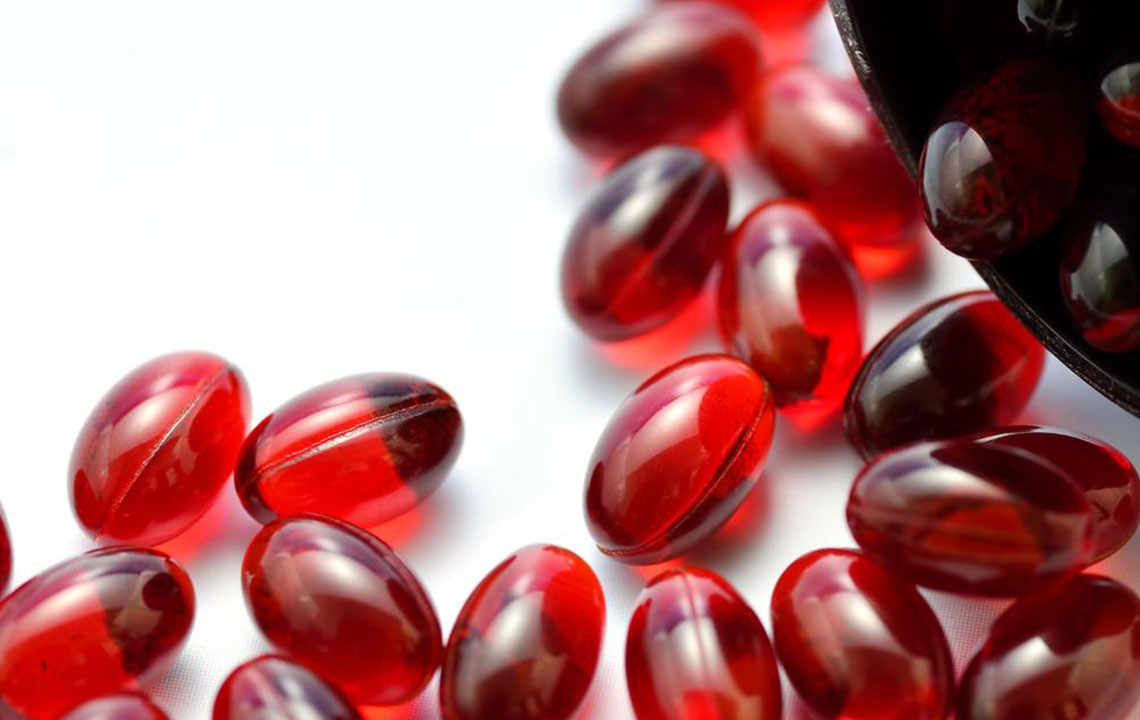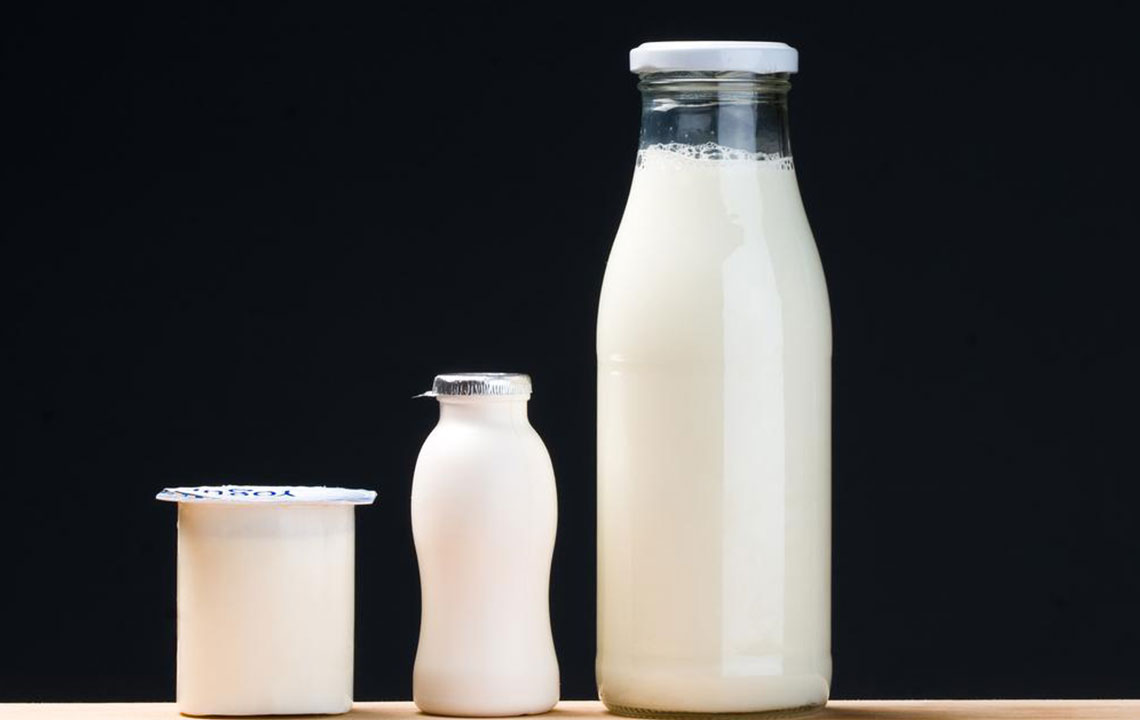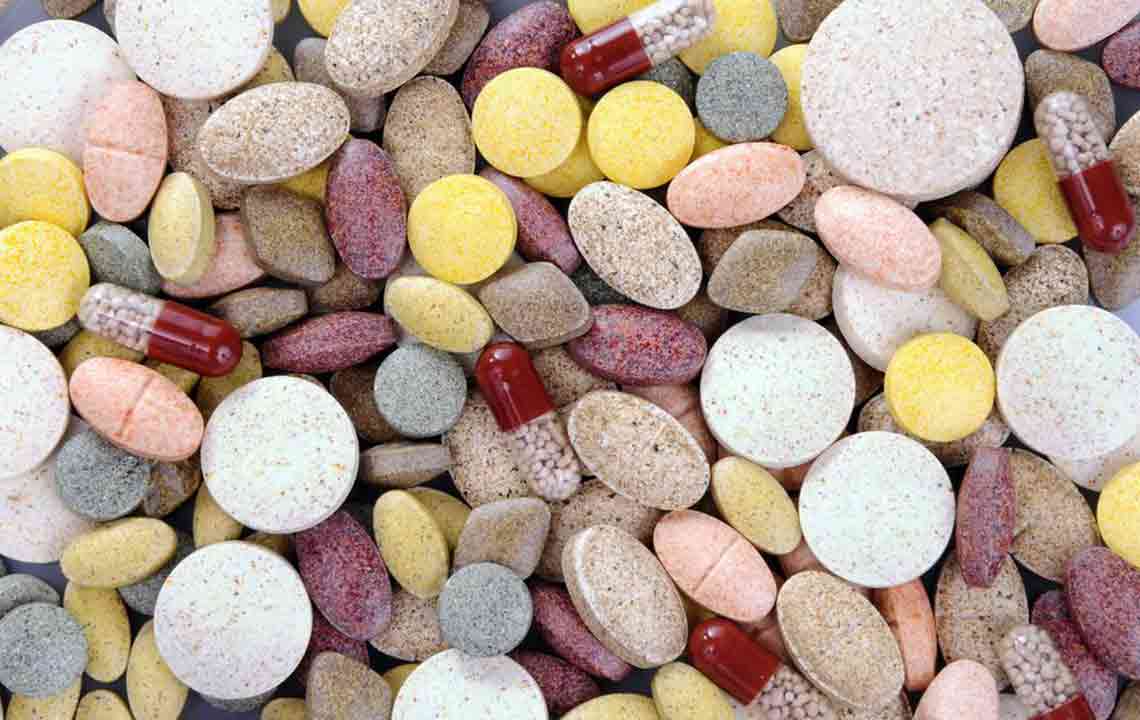Understanding Severe Diarrhea: Symptoms and Effective Treatments
Learn about the symptoms and effective treatments for severe diarrhea. This comprehensive guide covers causes, signs to watch for, dietary recommendations, and medication options to help recover quickly. Recognizing early symptoms and following proper care routines can alleviate discomfort and prevent complications. Seek medical advice if symptoms persist or worsen, and adopt a suitable diet during treatment to promote healing and maintain hydration for faster recovery.

Understanding Severe Diarrhea: Symptoms and Effective Treatments
The digestive system is resilient, capable of handling a variety of foods tailored to individual lifestyles. However, it can occasionally become disrupted by diarrhea, a common issue that may strike once or twice annually. When diarrhea persists beyond a few days or becomes intense, prompt treatment is essential. Recognizing its causes and symptoms is crucial to managing this uncomfortable condition effectively.
Primary Causes of Diarrhea
Diarrhea often results from infections such as stomach or intestinal flu, caused by viral agents. Lifestyle choices and environmental factors play significant roles in its development.
Foods containing allergens or irritants can disturb digestion.
Individuals with diabetes may experience it more frequently due to weakened immunity.
Inflammatory conditions like ulcerative colitis are also contributing factors.
Medication side effects can trigger diarrhea.
Hyperthyroidism or excess thyroid activity may be responsible.
Radiation treatments, especially for cancer, can induce it.
Bacterial infections and food poisoning are common causes.
Post-surgical complications involving the intestines may lead to diarrhea.
Malabsorption of nutrients can also be a factor.
Alcohol abuse can irritate the digestive tract.
Laxative misuse often results in loose stools.
Signs and Symptoms to Watch For
Abdominal bloating and swelling
Severe stomach cramps
Watery or thin stools
Frequent urge to defecate
Nausea or vomiting sensations
Presence of blood or mucus in stools during severe cases
Unexplained weight loss
High fever, which can be dangerous
Effective management of severe diarrhea involves proper care and lifestyle adjustments. During treatment, avoid foods and habits that could worsen symptoms or impede recovery. Here's how to support healing at home:
Foods to Limit or Avoid
Avoid artificial sweeteners, berries, alcohol, coffee, cruciferous vegetables, chickpeas, dairy, and spicy foods. These can aggravate diarrhea and delay recovery.
Helpful Dietary Choices
Include easily digestible foods like boiled bananas seasoned with salt, plain white rice or refined grains, plain toast, and mashed boiled potatoes. Light chicken soups, stews, baked chicken with minimal seasoning, and oatmeal are beneficial for recovery.
Medications and Probiotics
Antibiotics or anti-diarrheal medicines, such as bismuth subsalicylate and loperamide (Imodium), can be used as prescribed. Probiotic foods like yogurt, kimchi, and cream cheese support gut health by promoting healthy bacteria balance. Resting the digestive system by eating small, frequent meals is vital for faster recovery. Seek medical help if symptoms persist or worsen.
Important Notes:
While the information provided offers helpful guidance, it is not a substitute for professional medical advice. Always consult a healthcare provider for persistent or severe symptoms. Proper diagnosis and tailored treatment are essential for effective management of diarrhea, especially if accompanied by high fever or blood in stools.










